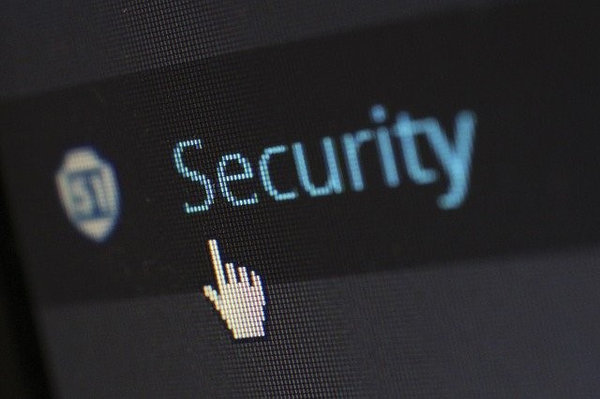Free But Risky: 8 Security Tips for Public Wi-Fi Users
Danger often comes from an unexpected direction. For example, while you are alert to pickpockets, criminals may be approaching invisibly, over Wi-Fi.
With the current move of the government to make Wi-Fi available nationwide, global cybersecurity company Kaspersky Lab says Filipinos need to raise their guards up to protect their online safety.
Once the Senate Bill 1277 or Free Internet Access in Public Places Act is signed into law, all government offices and public facilities such as schools, transport terminals, hospitals, and public libraries nationwide will have free internet access.
“An open, free internet network is like a double-edged sword, it’s free but also definitely risky. It’s perfectly fine to feel excited about the anticipated public Wi-Fis in the entire Philippines. But we ...

